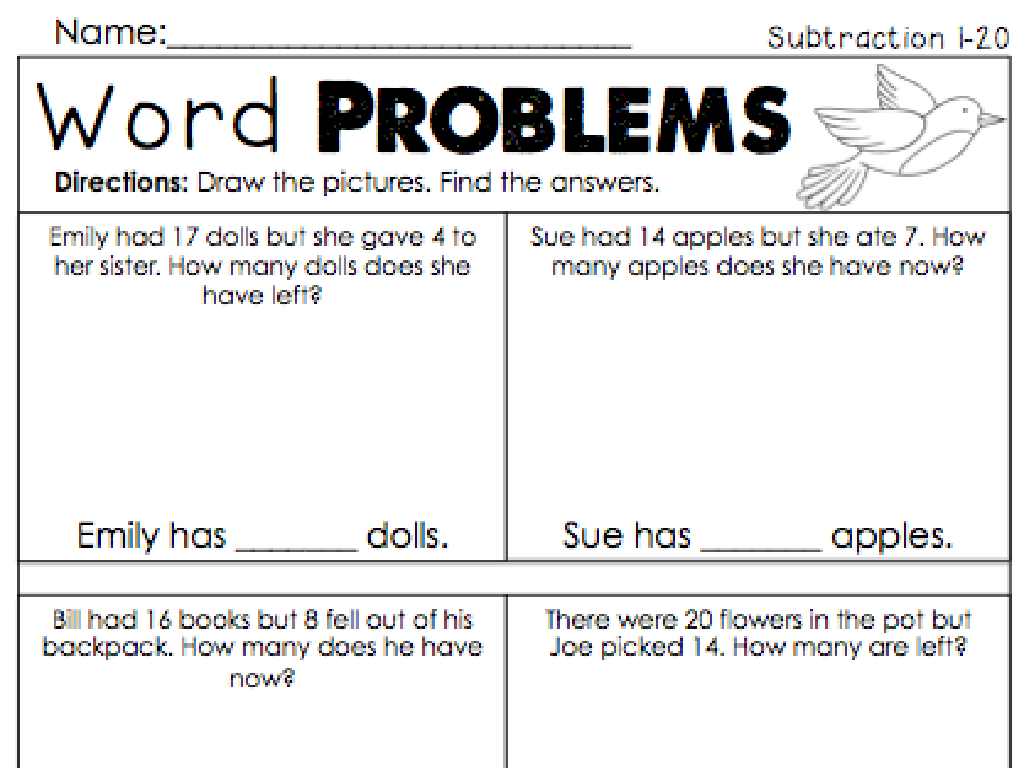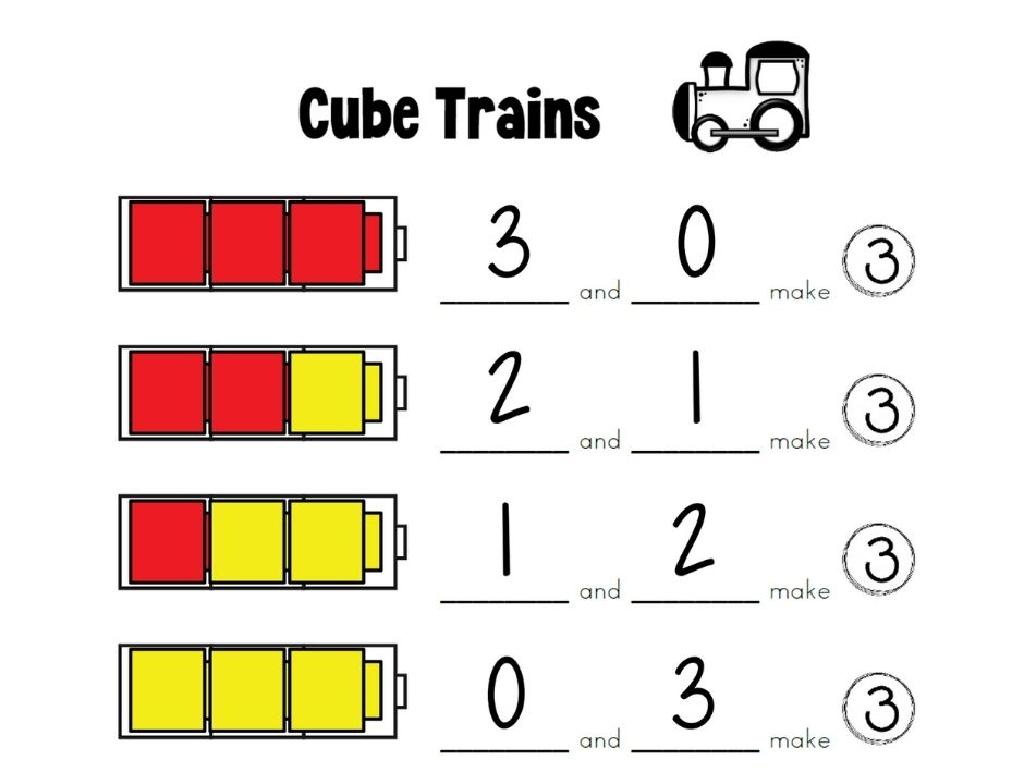Determine The Meanings Of Words With Greek And Latin Roots
Subject: Language arts
Grade: Seventh grade
Topic: Greek And Latin Roots
Please LOG IN to download the presentation. Access is available to registered users only.
View More Content
The Power of Greek and Latin Roots
– Explore English language building blocks
– Define Greek and Latin roots
– Root words from Greek/Latin form many English words
– Understand roots’ role in vocabulary
– Roots give clues to the meaning of new vocabulary
– Discover why roots matter
– Knowing roots enhances comprehension and vocabulary skills
|
This slide introduces students to the concept that many English words are derived from Greek and Latin roots, which are the fundamental building blocks of the language. By understanding these roots, students can decipher the meanings of unfamiliar words, which is a crucial skill for enhancing their vocabulary and reading comprehension. Emphasize the importance of recognizing these roots as a strategy to approach and understand complex vocabulary they will encounter in various subjects. Provide examples of common roots and how they form the basis of multiple English words. Encourage students to become word detectives, looking for roots to make educated guesses about word meanings.
The Power of Roots: Cracking Word Meanings
– Roots: word building blocks
Roots are the core part of words, often from Greek or Latin.
– Combining roots with affixes
Prefixes/suffixes attach to roots to modify meaning.
– Common Greek & Latin roots
E.g., ‘bio’ means life, ‘geo’ means earth.
– Decipher words using roots
Use roots to understand unfamiliar words.
|
This slide introduces the concept of word roots, primarily from Greek and Latin origins, which form the basis of many English words. Understanding roots helps students decipher the meanings of unfamiliar words, enhancing vocabulary and comprehension. Discuss how roots can combine with prefixes (beginning of a word) and suffixes (end of a word) to form new words. Provide examples of common roots such as ‘bio’ (life), ‘geo’ (earth), ‘phon’ (sound), and ‘graph’ (write). Encourage students to think of words they know that contain these roots. As an activity, students can create a list of words using the roots discussed and share their meanings based on their understanding of the root. This exercise will reinforce the concept and show the practical application of knowing word roots.
Exploring Greek Roots in English
– ‘bio’ means life
– e.g., biology (study of life), biography (life story)
– ‘phon’ means sound
– e.g., telephone (sound from afar), symphony (sounds together)
– ‘graph’ means write
– e.g., autograph (self-written), photography (light drawing)
|
This slide introduces students to the concept that many English words are derived from Greek roots. Understanding these roots can help students decipher the meanings of complex words. ‘Bio’ is a common root that refers to life, seen in words like ‘biology’ (the study of life) and ‘biography’ (a written account of someone’s life). ‘Phon’ relates to sound, as in ‘telephone’ (a device for transmitting sound over distance) and ‘symphony’ (a harmonious arrangement of sounds, especially in music). ‘Graph’ pertains to writing, evident in ‘autograph’ (a person’s own signature) and ‘photography’ (creating images by recording light). Encourage students to think of other words that contain these roots and discuss how their meanings are connected to the concept of life, sound, or writing.
Exploring Latin Roots in English
– ‘aqua’ means water
– Examples: aquarium (water habitat), aqueduct (water channel)
– ‘vid’ means see
– Examples: video (recorded visuals), evidence (proof seen)
– ‘port’ means carry
– Examples: transport (carry across), portable (easily carried)
|
This slide introduces students to the concept of Latin roots in English vocabulary, which are the building blocks of many words. Understanding these roots can help students decipher the meaning of unfamiliar words. ‘Aqua’ is associated with water, so words like ‘aquarium’ and ‘aqueduct’ relate to water environments and channels. ‘Vid’ relates to seeing, which is why ‘video’ captures visual recordings and ‘evidence’ is what can be seen or observed as proof. ‘Port’ is about carrying, making ‘transport’ a term for carrying goods or people, and ‘portable’ something that can be carried easily. Encourage students to think of other words that might share these roots and discuss the meanings.
Decoding Words with Greek and Latin Roots
– Strategies to identify word roots
– Look for common root patterns in unfamiliar words.
– Use roots to define words
– Roots give clues to a word’s meaning.
– Practice: ‘geology’, ‘philanthropy’, ‘transcript’
– ‘geo’ means earth, ‘phil’ means love, ‘trans’ means across
|
This slide aims to equip students with strategies to decode unfamiliar words by identifying and understanding Greek and Latin roots. Emphasize the importance of recognizing root patterns as a tool for expanding vocabulary. For example, ‘geology’ can be broken down into ‘geo’ (earth) and ‘logy’ (study of), meaning the study of earth. ‘Philanthropy’ combines ‘phil’ (love) and ‘anthropy’ (humanity), referring to the love of humanity, often expressed through charitable actions. ‘Transcript’ is formed from ‘trans’ (across) and ‘script’ (write), signifying something written across, or a written record. Encourage students to practice with these sample words and to find additional words with the same roots to reinforce their learning.
Interactive Practice: Greek and Latin Roots
– Match roots with meanings
– Create words using roots
– Use the root ‘astro’ to form a new word
– Share new words in class
– Explain how you derived the meaning
– Discuss the roots’ origins
– Explore the Greek or Latin history of the roots
|
This interactive practice slide is designed to engage students in learning Greek and Latin roots by actively using them. Start by having students match a list of roots with their meanings to reinforce their understanding. Then, challenge them to create new words by combining roots with prefixes or suffixes, and have them write down their meanings. Encourage creativity and critical thinking. Finally, ask students to share their words with the class and discuss the origin of the roots, whether Greek or Latin. This activity will help solidify their knowledge and enhance their vocabulary skills. Possible activities: 1) Matching game with roots and meanings, 2) Word creation workshop, 3) Sharing session with peer feedback, 4) Research task on the history of specific roots, 5) Group discussion on the importance of Greek and Latin roots in English.
Class Activity: Crafting Stories with Roots
– Pair up and pick three roots
– Invent new words with these roots
– Combine roots with other word parts
– Write a story including your creations
– Aim for a coherent and creative narrative
– Share your story with the class
|
This activity is designed to reinforce the understanding of Greek and Latin roots by allowing students to apply their knowledge creatively. In pairs, students will choose three different roots and use them to create new, imaginative words. They will then write a short story that incorporates these words, providing context that helps to infer the meaning. Finally, each pair will present their story to the class, which will help in developing public speaking skills and offer a chance for peer learning. For the teacher: Prepare a list of roots for students to choose from, guide them in word creation, and provide examples of how roots can be combined with prefixes or suffixes to form new words. Encourage creativity and ensure that each student participates in both the writing and presenting process.
Wrapping Up: Greek and Latin Roots
– Recap: Greek & Latin roots lesson
– Roots enhance vocabulary
– Knowing roots helps deduce meanings of unfamiliar words, expanding your word knowledge.
– Homework: Discover 5 words
– Find words with Greek or Latin roots from any source.
– Write meanings & craft sentences
– Explain each word’s meaning and use it in an original sentence to demonstrate comprehension.
|
As we conclude today’s lesson, remind students of the key points discussed about Greek and Latin roots. Emphasize how understanding these roots can significantly expand their vocabulary and aid in deciphering the meaning of complex words. For homework, students should find five new words that contain Greek or Latin roots, write down their meanings, and use them in sentences. This will help reinforce their understanding of the roots and their ability to apply this knowledge in context. Encourage creativity in sentence formation and suggest using a dictionary or online resources to assist in their homework.





